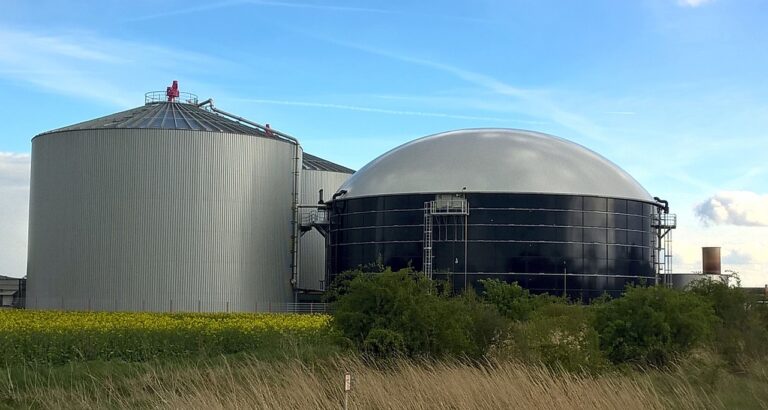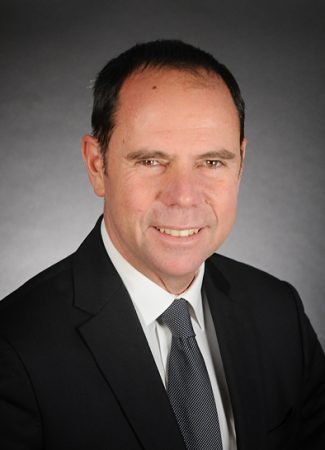At the time of writing, Brent Dec18 contract is trading at $85/bbl, its highest price in 4 years. Gas is following the same pattern and reaching historic values. In one year, its price has increased by more than 60%. Coal (API#2 month ahead contract), rising to $100/Tn, while far from its all-time record, has also reached historically high levels. As for CO2, EUA Dec18 contract is verging on the €22/Tn mark. With underlying commodities at this level, the price of electricity has reached €62/MWh for the France baseload 2019 delivery, a long way from the €38/MWh traded for this same product last year. Bad news for consumers. Energy purchases will weigh heavily on the budget for all consumers, industrial players and individuals. So, what´s going on’?
As Ph. Lamboley explains in his article (Soaring energy prices: thank you Donald Trump!), the price of Brent is the result of the current geopolitical tensions (largely sparked by US President Donald Trump). While the IEA (International Energy Agency) forecasted long-term prices in the range of $40/bbl to $60/bbl, with American shale oil production playing the part of global buffer, we’re seeing prices of $85/bbl today, with some analysts arguing that the $100/bbbl barrier will soon be reached. The embargo on Iran, the crisis in Venezuela, the slow take-off in Iraq, Saudi Arabia’s struggle to push its production beyond 10.5 m b/d, and sustained demand levels have all led to this spike in prices.
Gas is being massively absorbed by Asia. Environmental problems in China and the slow start of nuclear power in Japan are contributing to the increase in demand in this part of the world.
Coal prices are more difficult to interpret (The dark (side) strikes back?), as they are being driven up by the growing demand for global primary energy, particularly in Asia-Pacific countries. But, within the recent context of increasing global coal production, this price growth could brutally be tempered. Any case, the influence of coal prices in the construction of OECD energy costs remains dominant, contrary to all expectations.
As Ph. Boulanger clearly states in his article (CO2: The return), following the most recent reforms, CO2 (EU–ETS) is back on track and aligning with the expected prices for the next Phase. For an effective reduction in CO2 emissions to occur, its price must not be any lower than €30/Tn. The latest reforms in the emissions certificates market (EU-ETS) are trying to set the tone, which leads us to believe that prices will continue to follow the current upward trend.
Finally, to further complicate things, and as far as electricity prices are concerned, this time around it’s Belgian nuclear power that’s sparking short-term uncertainties (in early winter this year, only one of seven existing units will be available), putting Continental power prices under stress. This explains the FR Baseload Q1 prices reaching €77/MWh, when this same product was being traded at €50/MWh a year ago. In the medium and long term, everything indicates that there are new market tensions to come: the ongoing delays in the commissioning of the Flamanville EPR; the final decommissioning of Fessenheim; some German coal-fired power stations being placed into strategic reserve; the dismantling of French coal-fired power stations before 2022; the disappearance of peakers (The French PPE (multi-year energy programme) and the future of the electricity market); etc.
As we already mentioned in our January 2017 issue (approvisionnement-2017-casse-tete-chinois-pour-les-acheteurs-delectricite) [in French], the tides have turned. The stable and surprisingly low energy prices that we’ve been enjoying for a long time had to lead to higher prices in order to adapt to the market’s equilibrium. The pendulum swung too far out, and, in the course of a few months, we’ve found ourselves facing energy prices at historically high levels. We can certainly sense these changes in the global markets, but they remain unpredictable. Who could have predicted a few months back President Trump’s international policies and their effects on the energy sector?
Our editorial concludes in much the same as we had recently stated: Accurate forecasting and risk coverage are essential in this volatile environment. As we usually explain to our customers, it’s not just important to stock up inexpensively; it’s also necessary to have a certain degree of visibility on the supply needs and, above all, to limit the fluctuations of the company’s performance that are caused by the variations in the cost of energy. Nobody has a crystal ball that can predict market fluctuations. However, it is possible to predict the impact on the profit and loss account of the energy supply line and to make the appropriate decisions. The role of the energy purchaser must evolve into that of an energy manager so as to ensure the readability of the company’s energy costs.
Antonio Haya







